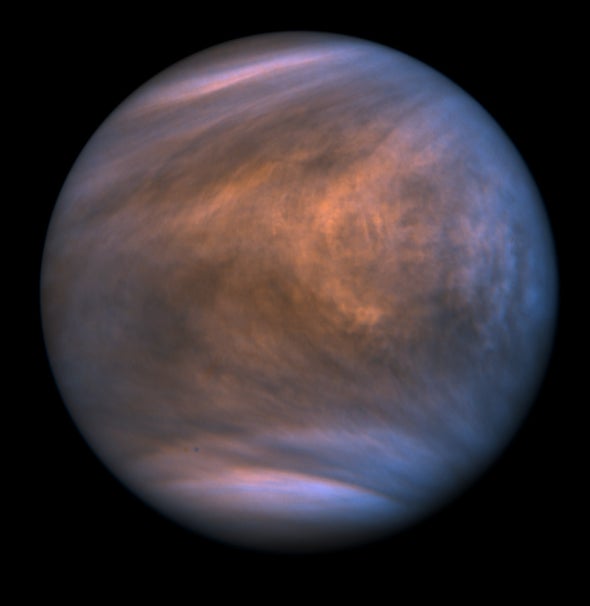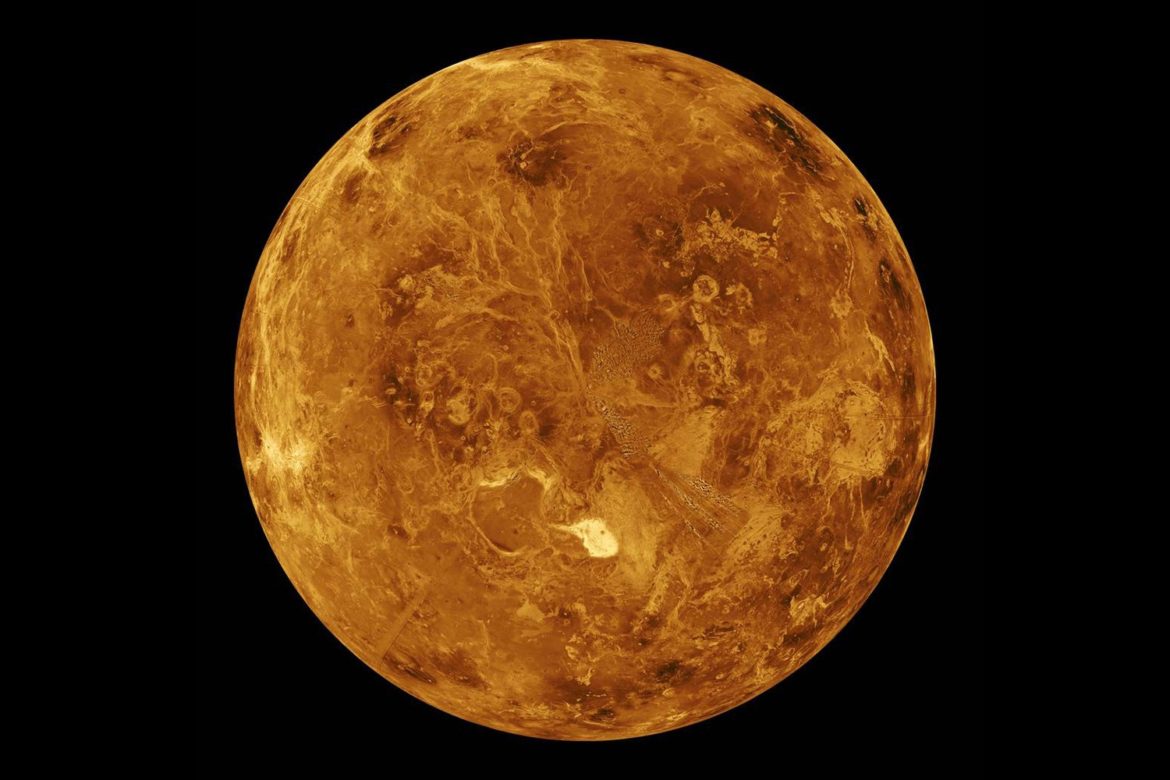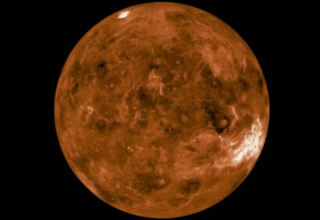The unexpected atmospheric detection of phosphine, a smelly gas made by microbes on Earth, could spark a revolution in astrobiology
By Adam Mann via Scientific American
There is something funky going on in the clouds of Venus. Telescopes have detected unusually high concentrations of the molecule phosphine—a stinky, flammable chemical typically associated with feces, farts and rotting microbial activity—in an atmospheric layer far above the planet’s scorching surface.
The finding is curious because here on Earth, phosphine is essentially always associated with living creatures, either as a by-product of metabolic processes or of human technology such as industrial fumigants and methamphetamine labs. Although toxic to many organisms, the molecule has been singled out as a potentially unambiguous signature of life because it is so difficult to make through ordinary geological or atmospheric action.

Swathed in sulfuric acid clouds and possessing oppressive surface pressures and temperatures hot enough to melt lead, Venus is a hellish world. But the particular cloud layer where the phosphine is present happens to be relatively balmy, with ample sunlight and Earth-like atmospheric pressure and temperature. The results will have to be carefully vetted by the scientific community. Yet they seem likely to spark renewed interest in exploring our sister planet next door.
“It’s a really puzzling discovery because phosphine doesn’t fit in our conception of what kinds of chemicals should be in Venus’s atmosphere,” says Michael Wong, an astrobiologist at the University of Washington. Planetary scientist Sanjay Limaye of the University of Wisconsin–Madison agrees. “The bottom line is we don’t know what’s going on,” he says. (Neither Wong nor Sanjay were involved in the work.)
After the sun and moon, Venus is the brightest object visible to the naked eye in Earth’s sky. For thousands of years, people told stories about the glittering jewel that appeared around sunrise and sunset. Venus’s brilliance is what made it attractive to Jane Greaves, a radio astronomer at Cardiff University in England. She typically focuses her attention on distant newborn planetary systems but wanted to test her molecular identification abilities on worlds within our cosmic backyard. Read more from Scientific American.
“News Without Politics” keeps you updated on interesting and relevant news stories in the U.S and abroad without media bias.
Stay informed daily.





